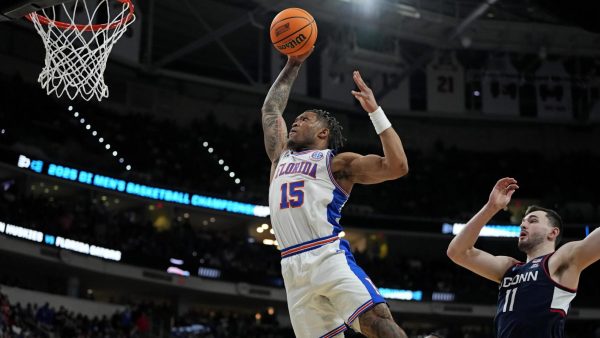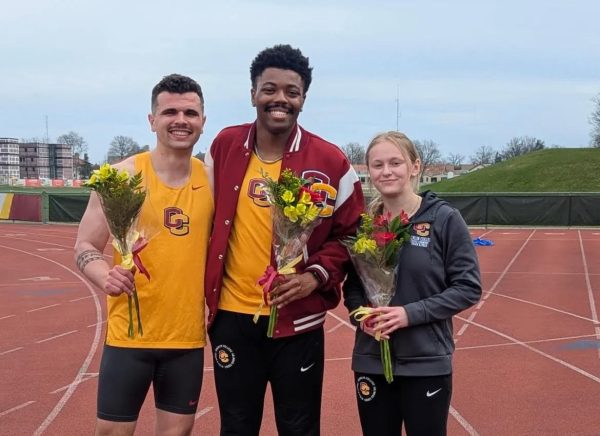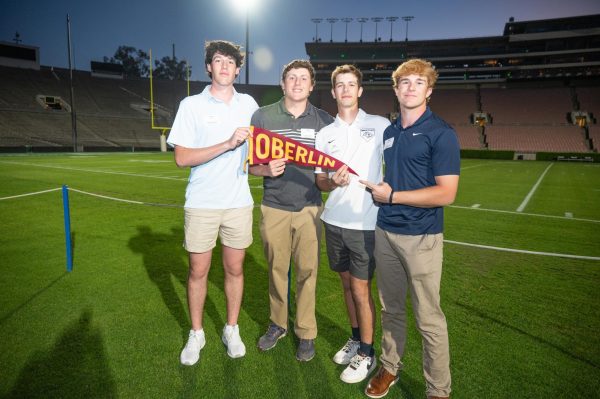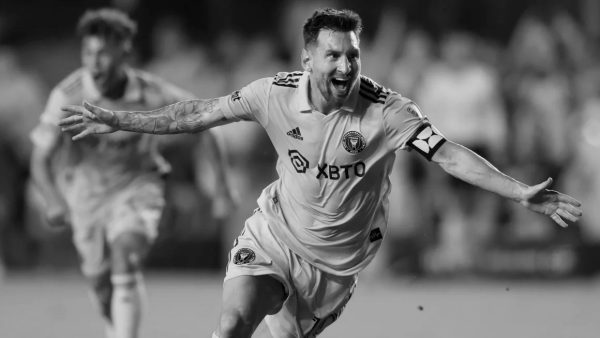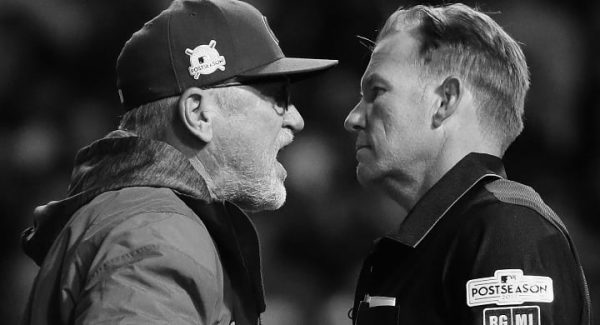Fiscal Attack on Special Olympics Opens Dialogue About Impact of Sports
Due to President Donald Trump’s proposed budget for the 2020 fiscal year, the Department of Education is facing a potential 10 percent budget reduction and is looking for ways to effectively subsidize the loss. This is the third year in a row the President has prioritized the military and the building of a wall along the U.S.-Mexico border over education, putting pressure on Secretary of Education Betsy DeVos to make up the difference. However, her resulting proposal was yet another ill-informed and ludicrous step in her long history of errors as education secretary. Last week, DeVos proposed a $17.6 million cut in funding for the Special Olympics, a move that has garnered widespread criticism from colleagues and the general public alike.
DeVos explained that she supports the intentions and work done by the Special Olympics but stood by her proposal to drastically cut funding, blatantly disregarding the grand effect it would likely have on the world’s largest organization for children and adults with disabilities.
“I think the Special Olympics is an awesome organization … [but] given our current budget realities, the federal government cannot afford to fund every worthy program, particularly ones that enjoy robust support from private donations,” DeVos said in a statement last Wednesday. President Trump contradicted DeVos’ statement (and his own) proposal on Thursday, claiming to have “saved the Special Olympics” by telling “his people” to fund the Special Olympics again, despite having been the initial force defunding the venture.
It is important to note that the Special Olympics not only trains people with intellectual and physical disabilities in over 30 Olympic-style sports, but also has a federally-funded anti-bullying program implemented in over 6,500 schools nationwide. Beyond these efforts, Special Olympics Chairman Timothy Shriver was quoted in The New York Times explaining that the organization is “trying to educate young people about the importance of an inclusive mindset to the future of the country.” He further elaborated on the organization’s mission by relating it to the national education system. He added, “What do you send your kids to school for? [To] read, write, of course. But to learn how to respect the fact that everybody matters? Big lesson. Our athletes are teaching it.”
This threat to the Special Olympics has shed light on the socio-political significance of sports within the United States. In the past few years, the nation has seen professional and non-professional athletes standing for much more than just physical excellence. The world of sports has grown to represent the world as a whole, wrought with the same issues, politics, and controversies embedded in our society. Over the past few years, Colin Kaepernick has become much more than a football player. His efforts have promoted the reality that racism and brutality are issues dealt in every sector of national media and society, not just in football. More recently, the U.S. Women’s National Soccer Team has highlighted the persistence of gender inequality in the U.S. through their discrimination lawsuit against U.S. Soccer.
Like many programs funded by the federal government, the livelihood of the Special Olympics is in danger due to the present political climate within the United States. The idea that the Special Olympics might be considered a partisan issue is surprising, though, given its mission lacking affiliation with any side or party — a detail best represented by the mix of White House Republicans and Democrats reacting negatively to DeVos’ proposal. However, the matter of finding space in the proposed budget for the Special Olympics has caused various news outlets to voice their outrage that “taxpayers” are being forced to fund the organization or, just as dangerously, are depicting Trump as a hero who “saved” the Special Olympics from being defunded.
Tony Reali used his platform on Around the Horn, a popular ESPN sports talk show, to voice these concerns and encourage the public to think more deeply about the issue beyond the restrictions of partisan politics.
“The power of sports lies in its ability to instill and inspire positive change, and that’s exactly what the Special Olympics does,” he explained. “This isn’t about public, this isn’t about private. This isn’t about budget plans, this isn’t about voting. We’re all public. I ask us to consider to look inward now. We’re asked to include all people every day. Do we?”


